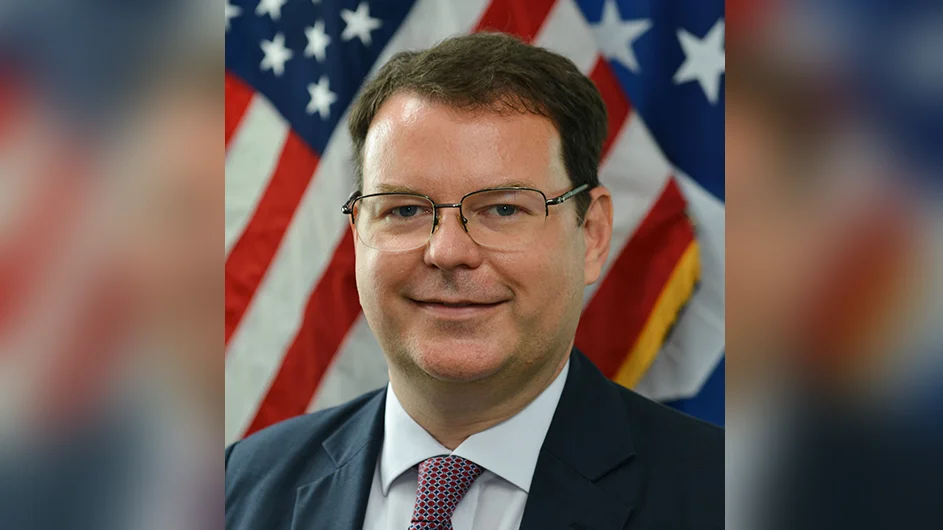Officials from the United States and the Republic of Korea convened in Washington, DC on April 14 for the fourth U.S.-ROK Civil Space Dialogue. The meeting was co-led by U.S. Department of State’s Deputy Assistant Secretary Rahima Kandahari and NASA Associate Administrator for International Relations Karen Feldstein alongside ROK’s MOFA Director-General Minyoung Han and KASA Vice Administrator John Lee.
The discussions underscored the strategic importance of the U.S.-ROK Alliance, aiming to enhance collaboration in space exploration, Earth observation, and regulatory practices. Both nations are committed to advancing their partnership through joint research and study agreements, including the Artemis program collaboration and enhancing Korean human spaceflight capabilities.
The dialogue also focused on Earth observation, highlighting collaboration on future geostationary satellites and the U.S. Landsat 2030 International Partnership Initiative. The exchange of satellite data, such as from CAS500-4, was emphasized for improving disaster response and agricultural monitoring.
There was notable focus on strengthening space weather forecasting and expanding the partnership with Korean institutions like KASI on missions such as NASA's SPHEREx telescope and IMAP mission. The U.S. pledged to support ROK's Korean Positioning System (KPS) as a complement to the U.S. GPS, reinforcing satellite navigation cooperation.
The meeting also noted successful commercial collaborations, such as the ROK-U.S. Space Industry Symposium. Future discussions aim to enhance commercial space cooperation, addressing space situational awareness and resilient supply chains.
On the regulatory front, both parties shared their frameworks for spaceports and expressed a keen interest to further engage on export controls. Discussions on enhancing maritime security through satellite data and infrastructure collaboration were also featured.
The ceremony concluded with agreements to pursue peaceful space exploration and dialogue in international bodies and forums, reinforcing bilateral commitments through continued biennial dialogues, with plans for ROK to host the next meeting in 2027.

